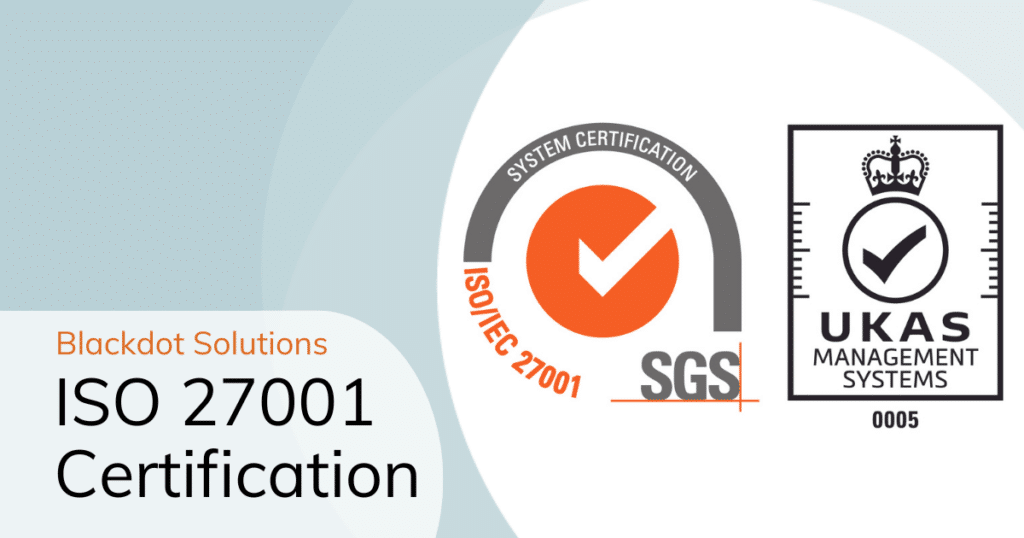Monthly Update – July 2021

By Charles Brown

Get the latest news and insights sent straight to your inbox
The summer period has provided a good time to pause and reflect on some of the major challenges facing the world of AML and anti-financial crime. The need to improve effectiveness at a systemic, operational and tactical level came through as a core theme of events that we attended, articles that we read, and podcasts that we listened to over the last month.
What we attended
Throughout July, the Royal United Services Institute’s Centre for Financial Crime and Security Studies (CFCS) ran a series of workshops on ‘The FATF Standards and Unintended Consequences’.
Isabella Chase, a CFCS Research Fellow, summarises the importance of this topic:
‘FATF standards, when applied disproportionately, can place unreachable expectations on some of the poorest and most disadvantaged people in this world, making it nearly impossible for them to access formal financial services which could be used to bring them out of poverty…Leaving these people excluded from the financial system also undermines its integrity, forcing these people to use unregulated channels which increase money laundering and terrorist financing risks in an economy, which of course the FATF system is itself designed to curtail.‘
All of the sessions are available online here.
What we’ve been reading
On June 30th, the Wolfsberg Group released a statement on Demonstrating Effectiveness which sets out how FIs ‘can assess risk in defined priority areas and demonstrate their Anti-Money Laundering/ Combatting Terrorist Financing (AML/CTF) programme effectiveness’. The statement builds on two previously released Statements: the 2019 Statement on Effectiveness and the 2020 Statement on Developing an Effective AML/CTF Programme.
Highlights from June’s statement on Demonstrating Effectiveness relate to the guidance provided to FIs on how to demonstrate a commitment to providing ‘highly useful information to relevant government agencies‘. It suggests that FIs should measure the development of constructive relationships with law enforcement and other relevant government authorities by tracking, for example:
- the provision of ‘high quality and timely responses to requests from law enforcement and relevant government authorities’
- ‘STRs/SARs that identify networks of interconnected suspicious activity involving several parties’
- ‘STRs/SARs file following a complex investigation by the FI’
The statement also provides some interesting comments on how FIs should recalibrate their AML/AFC activities by focusing their people, process and technology towards higher risk areas. These passages were particularly encouraging for us, as our intelligence and AML investigations software Videris has been designed to deliver better outcomes for AFC investigations teams working on the highest risk cases within Level 3 investigations teams and FIUs.
What we’ve been listening to
On 12 and 26 July, The Dark Money Files launched two podcasts on Alternative Launderies, which covered some of the seldom-discussed money laundering vectors such as lending, insurance, casinos and gambling.
Both episodes serve as a reminder that adopting an investigative mindset and culture within AML teams is critical. Ray Blake suggests that AML investigation professionals should focus on the specific context surrounding a transaction in order to ‘distinguish between something that is unusual but explainable, and something that is unusual and definitely not explainable’. We agree and are looking forward to a future episode in the Alternative Launderies series covering auction houses and fine art.
If you’d like to discuss any of the above topics further, or if you’re interested in how Videris can help transform your organisation, please get in touch with us.




